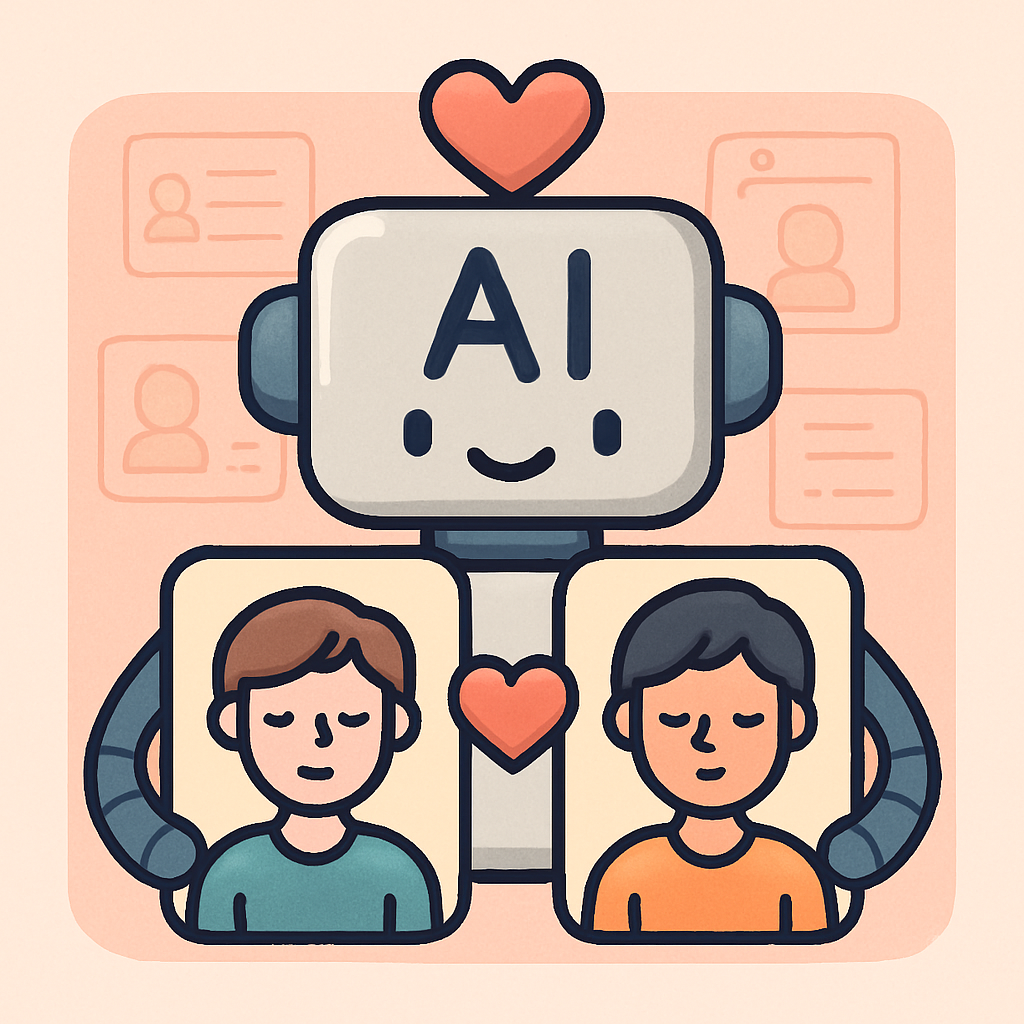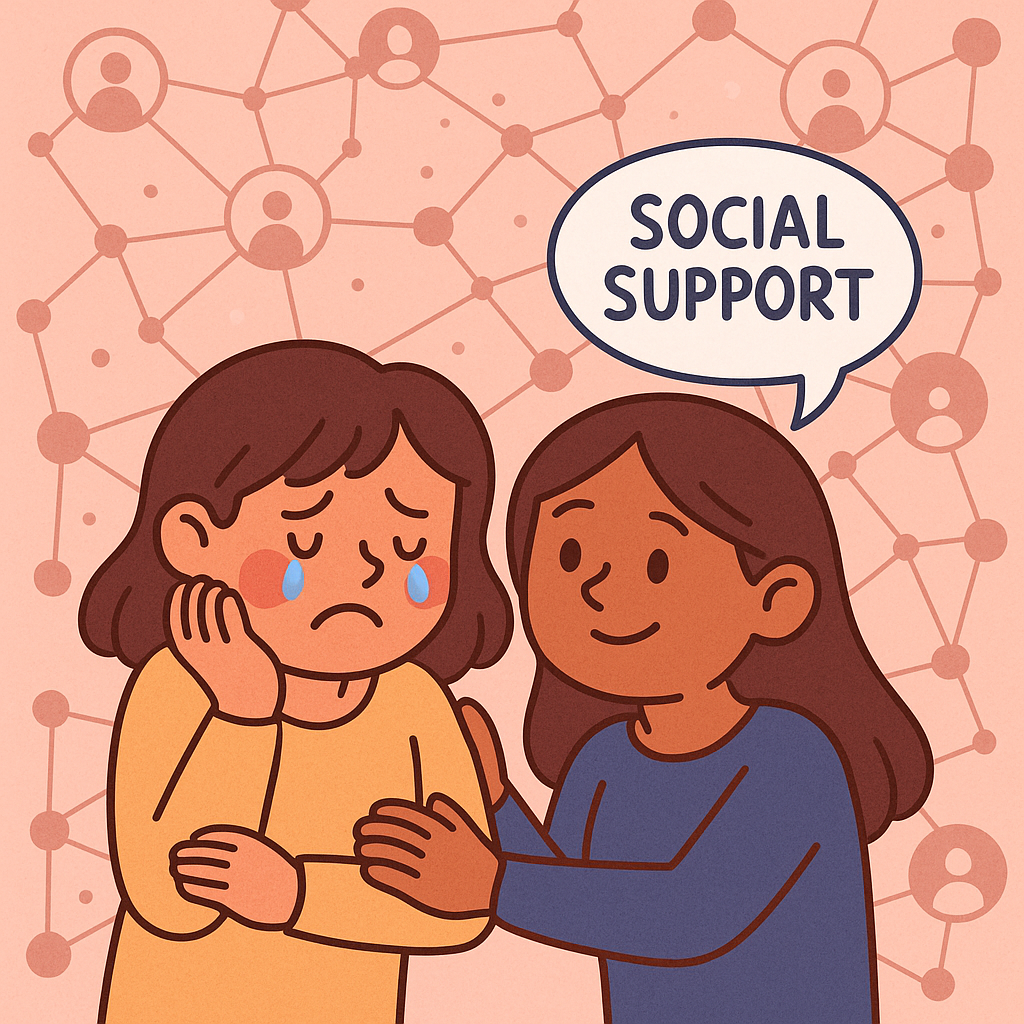Hello there. I am a Ph.D. candidate (ABD) in Communication at Michigan State University. I study individuals in relational terms—how they build and benefit from relationships through media and/or messages. My research employs various data types (e.g., experimental, longitudinal, network) and advanced quantitative and computational methods (e.g., topic modeling) to generate insights and offer solutions. Research receives strong funding support, including two Strosacker Research Grants). I was also funded by the ICPSR to receive quantitative method training at the University of Michigan. Check out my signature pieces below—
Does online dating make relationships more successful? on Phys.org
Which Better Protects Us From Depression, Friendship or Romance? on Psychology Today
Friends, partner: Who heals and who hurts? A study from adolescence to midlife(爱人vs友人:谁治愈、谁伤神?从青春期到中年的研究) on MsMuses缪斯夫人


